Chapter 13
Human Development
By Boundless
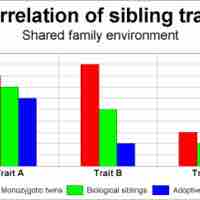
Developmental psychology seeks to understand the influence of genetics (nature) and environment (nurture) on human development.
Developmental psychology uses scientific research methods to study the changes that occur in human beings over the course of their lives.

Piaget's theory of cognitive development states that our cognitive abilities develop through four specific stages.

Attachment theory, developed by John Bowlby and Mary Ainsworth, describes the dynamics of long-term relationships between humans.
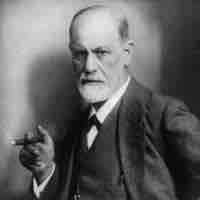
Freud's psychosexual theory of development suggests that children develop through a series of stages related to erogenous zones.
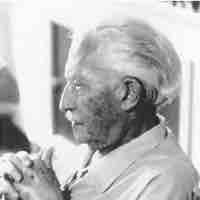
Erikson's psychosocial stages of development focus on the resolution of different crises to become a successful, complete person.
Kolhberg's theory of moral development states that we progress through three levels of moral thinking that build on our cognitive development.
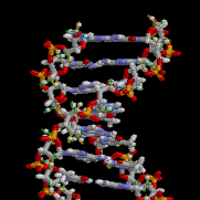
Prenatal development is highly influenced by the inheritance, expression, and regulation of genes.
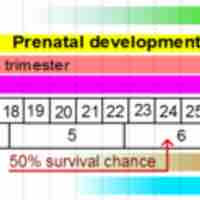
Prenatal development is the process of rapid change and growth that occurs in the 40 weeks prior to the birth of a child.
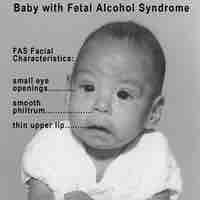
Environmental factors, such as exposure to teratogens, can have a range of impacts on the developing fetus.
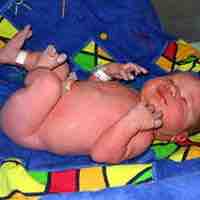
The period of the newborn's growth and development over the first 1-2 months is known as the neonatal period of development.
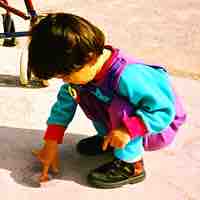
Children's physical development occurs rapidly during the first few years of life as they develop both gross and fine motor skills.
Cognitive development occurs rapidly during childhood as the brain continues to grow and develop.
Childhood is a time of rapid emotional and social development, as children learn to regulate emotions and interact with others.
There are four main parenting styles that most parents fall into: authoritative, authoritarian, permissive, and uninvolved/neglectful.

Culture plays an important role in influencing childhood development, and what is considered "normal" varies greatly from one culture to the next.
During puberty, an adolescent experiences a period of rapid physical growth that culminates in sexual maturity.
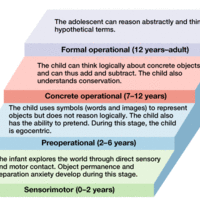
In adolescence, changes in the brain interact with experience, knowledge, and social demands and produce rapid cognitive growth.
Adolescence is a period of personal and social identity formation, in which different roles, behaviors, and ideologies are explored.

The influence of parental and peer relationships, as well as the broader culture, shapes many aspects of adolescent development.
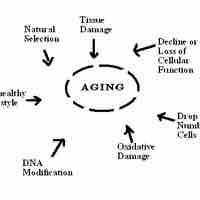
As individuals move through early and middle adulthood, a variety of physical changes take place in the body.

Cognition changes over a person's lifespan, peaking at around age 35 and slowly declining in later adulthood.
Early and middle adulthood is influenced by a number of social and emotional factors, such as work and interpersonal relationships.
Several theories examine how interpersonal relationships form and develop during adulthood.
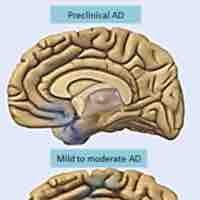
The aging process often results in a loss of memory, deteriorated intellectual function, decreased mobility, and higher rates of disease.
Cognitive abilities such as memory may see a decline in late adulthood.
Growing older means confronting many psychological, emotional, and social issues that come with entering the last phase of life.

Depending on culture, aging can be seen as an undesirable phenomenon or as an accumulation of wisdom and status.